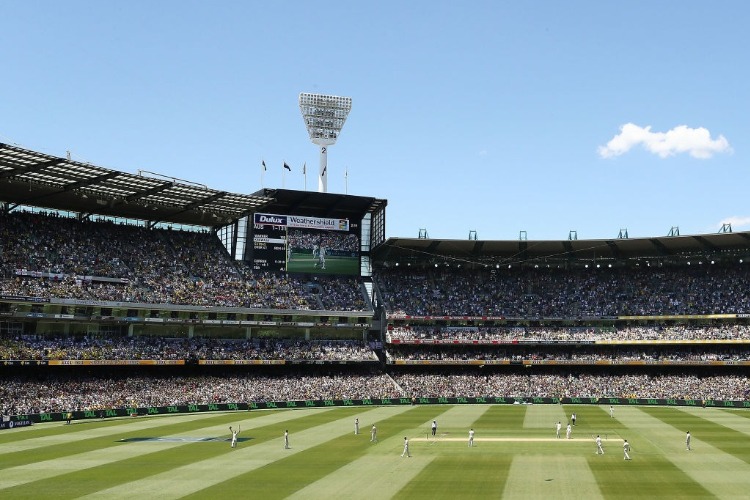3 minute read
Australia will host 50 per cent fewer ODIs in coming years than they were scheduled to in the previous ICC cycle, but officials insist one-dayers are not dead.

Cricket officials insist there is still a future in the men's one-day game in Australia, despite close to a 50 per cent reduction in home international fixtures scheduled in the format over the next four years.
The ICC's future tours program for the next four-year cycle saw an overall increase in men's ODIs worldwide when released on Wednesday, up 17 per cent.
But there will be far less of those games in Australia.
Australia are poised to host just 15 matches between the 2023-24 summer and 2026-27, significantly down on the 27 scheduled in the four summers before COVID-19 took hold and prompted cancellations.
The move comes as a focus on the workload of cricketers worldwide remains in the spotlight, following Ben Stokes' retirement from ODI action last month.
There are also question marks over the length of the domestic 50-over tournament going forward, an issue likely to be discussed in the next pay talks.
But Cricket Australia (CA) insist the move away from the traditional one-day game is not deliberately aimed at workloads.
Instead, it is a result of the scrapping of the ICC ODI Super League, giving more power to nations to determine their white-ball fixtures and opponents.
Likewise the move to keep January free for the Big Bash League has also contributed to the drop, with CA eager to keep their white-ball stars free to play in the tournament.
"What I look at is three ODIs each summer is in the heart of our summer, and then three or five T20s," CA's head of scheduling Peter Roach told AAP.
"We think that is the right model going forward.
"We understand it is a full summer schedule, we have the men's BBL, the WBBL, the women's internationals to fit in.
"We're certainly not downplaying the importance of ODI cricket, and we think the three (ODIs) and three (T20s) or three (ODIs) and five (T20s) is the right mix for us in that October-November period."
The fixture means bilateral T20 cricket has overtaken ODIs at home for the first time as well, with 22 scheduled for the next four years.
However Australia will continue to play a significant number of ODIs overseas, where white-ball cricket is considered more profitable than red-ball matches.
The Australians will play 28 one-dayers in foreign conditions over the next four years outside of ICC events, while also featuring in 30 T20s on foreign turf.
Test cricket is more balanced, with 20 red-ball games at home and 21 abroad.





